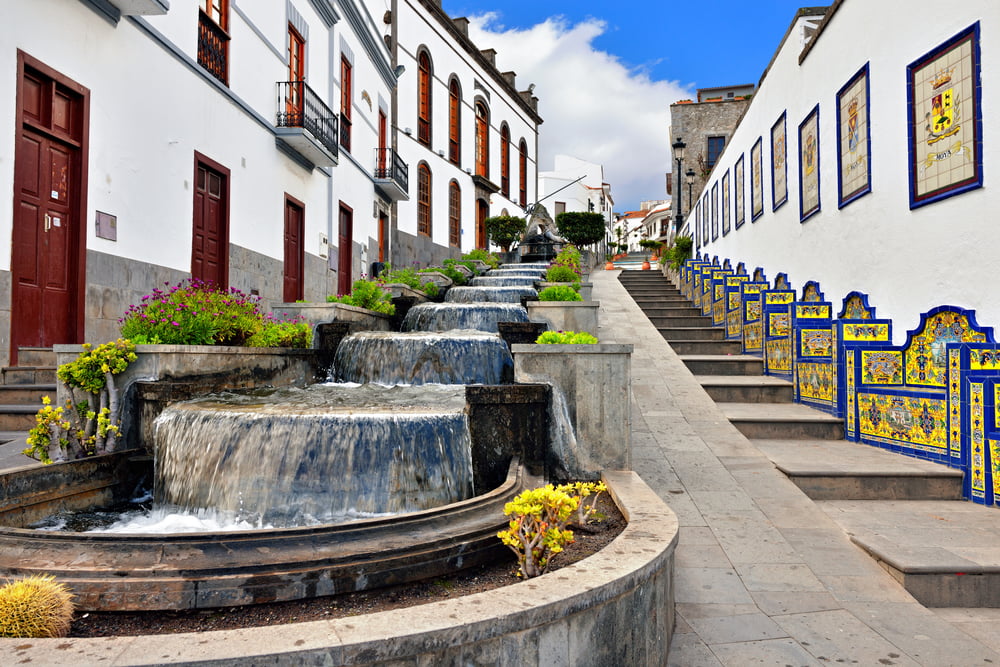At the beginning of May, a second group of Dutch people will go abroad for a trial holiday. They are going to Gran Canaria, and are given more freedom than the group that is now on the first test trip in Rhodes. They are allowed to leave their hotel.
During the test trips, independent researchers hired by the government look at how Dutch holidaymakers behave when traveling. The question is, for example, whether travelers adhere to the basic rules that apply there, such as washing hands, wearing mouth masks and keeping their distance. The findings of the Rhodes investigation are presented prior to the trip to Gran Canaria, so that any findings from the first test holiday “can be taken into account”, according to the Ministry of Infrastructure and Water Management.
There was a lot of interest in the first trial trip. 189 people had registered for 25.000 places. Holidaymakers must show a negative PCR test or equivalent, plus a negative rapid test, prior to travel. When they return home, they have to do that again, and they have to go into home quarantine.
Minister Hugo de Jonge (Public Health) writes in a letter to the House of Representatives that the government intends to carry out such 'pilot trips' by means of transport other than the plane, such as the car, train or bus.
If the virus situation in the Netherlands or in the country of destination does not allow the trip, the holiday will be canceled, according to the ministry. This also happened with a planned trial trip to Curaçao, because the island is in the middle of a severe phase of the outbreak. The holidays are organized by the cabinet in collaboration with the travel industry, which pays the costs for the tests. The state pays the € 46.000 research, the holidaymakers for the holiday itself.
Also read: Trial holiday in Rhodes should yield a wealth of information


